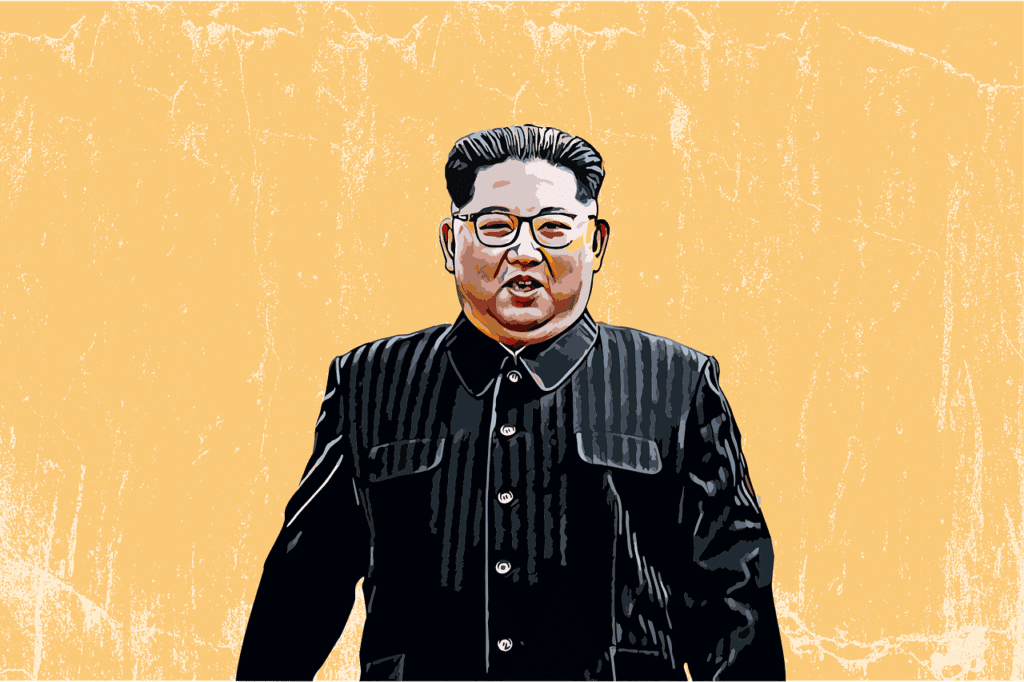
In a bid to overcome international sanctions tied to its nuclear weapons program, North Korea is aggressively delving into artificial intelligence (AI) and machine learning, according to a recent study by Hyuk Kim from the James Martin Center for Nonproliferation Studies in California. The country’s leader, Kim Jong Un, seems determined to harness AI across various sectors, ranging from COVID-19 response strategies to nuclear reactor safety, wargaming simulations, and government surveillance.
Despite obstacles in securing AI hardware due to sanctions, North Korea is pushing forward with its technological pursuits, indicating a strategic investment to fortify its digital economy. Kim’s report, based on open-source information, including state media and journals, suggests that some North Korean AI researchers have collaborated with foreign scholars, including those in China.
The study also highlights the utilization of generative AI by North Korean hackers, as detected by Seoul’s spy agency. Although signs point to the use of AI in scouting potential targets and acquiring hacking technologies, there is no evidence of it being deployed in actual cyberattacks yet.
North Korea established the Artificial Intelligence Research Institute in 2013, and recent years have seen the promotion of commercial products featuring AI. However, the authoritarian regime’s tight control over communications technology remains a significant hurdle.
During the COVID-19 pandemic, North Korea employed AI to develop a model for assessing proper mask usage and prioritizing clinical symptom indicators of infection. Additionally, the country’s scientists have published research on using AI to ensure the safety of nuclear reactors, a matter of concern given recent reports about the operational status of a new reactor at the Yongbyon nuclear complex.
Despite its advancements, North Korea’s AI development poses challenges, particularly in the realm of wargaming simulations using machine learning. Kim points out that this reveals the regime’s intentions to better understand operational environments against potential adversaries. Furthermore, ongoing collaborations with foreign scholars raise concerns about the effectiveness of existing sanctions.
As North Korea continues to navigate the complex landscape of AI development, the international community remains on alert, closely monitoring the implications of these advancements in various strategic domains.


